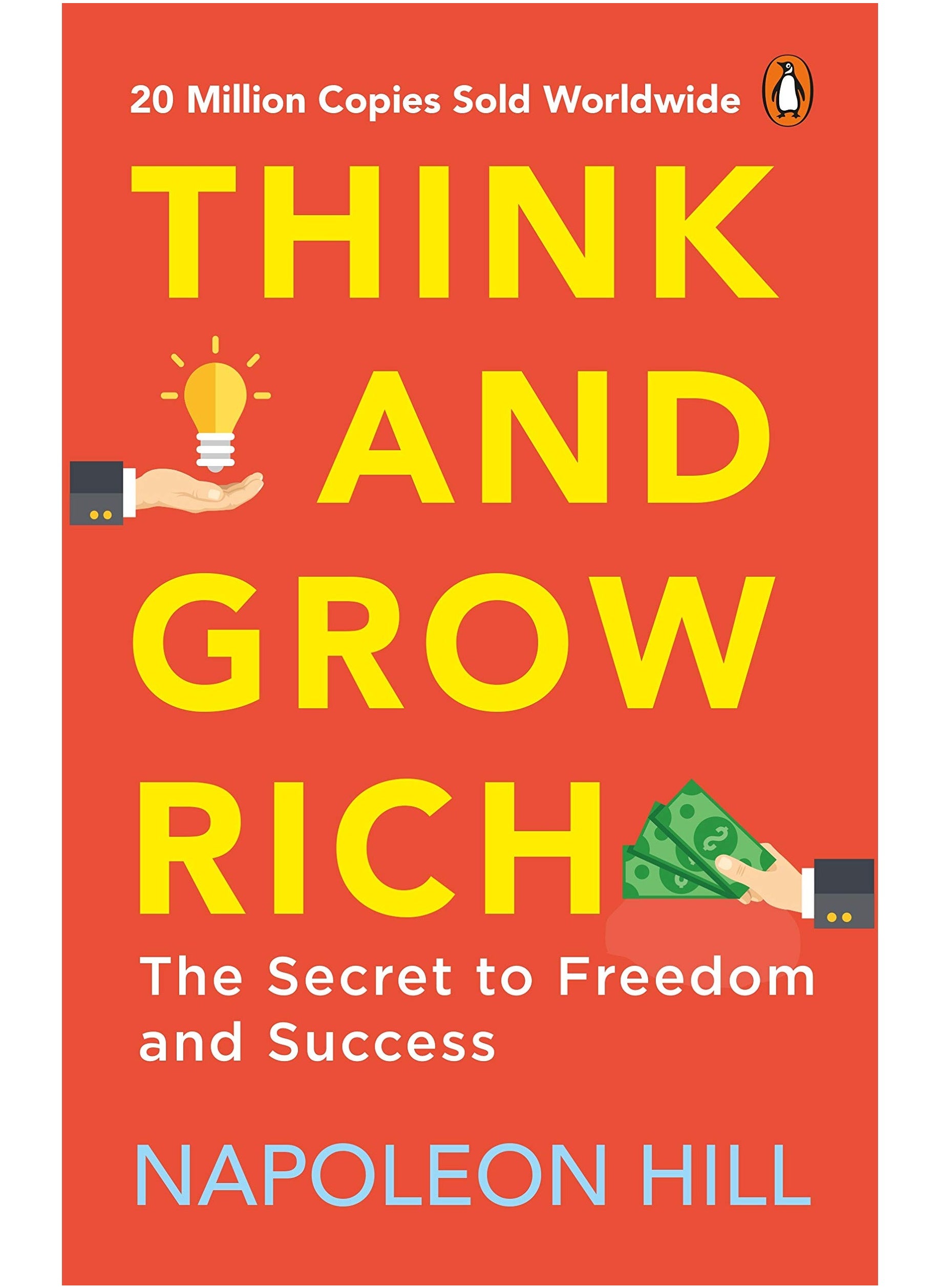English
- استرجاع مجاني وسهل
- أفضل العروض
Slow Productivity: The Lost Art of Accomplishment Without Burnout
الآن:
81.00 د.إ.شامل ضريبة القيمة المضافة
 توصيل مجاني
توصيل مجاني
احصل عليه خلال 21 فبراير

احصل على 5% رصيد مسترجع باستخدام بطاقة بنك المشرق نون الائتمانية. اشترك الآن. قدّم الحين




1
توصيل مجاني لنقطة نون ومراكز الاستلام
معرفة المزيد
إرجاع سهل لكل المنتجات في هذا العرض.
المواصفات
| الناشر | Portfolio |
| رقم الكتاب المعياري الدولي 13 | 9780593719435 |
| رقم الكتاب المعياري الدولي 10 | 0593719433 |
| الكاتب | Cal Newport |
| اللغة | English |
| وصف الكتاب | ~ Do Fewer Things. Work at a Natural Pace. Obsess over Quality. ~ From the New York Times bestselling author of Digital Minimalism and Deep Work, a groundbreaking philosophy for pursuing meaningful accomplishmen |
| عن المؤلف | Cal Newport is a professor of computer science at Georgetown University where he is also a founding member of the Center for Digital Ethics. In addition to his academic work, Newport is a New York Times bestselling author who writes for a general audience about the intersection of technology, productivity, and culture. His books have sold millions of copies and been translated into over forty languages. He is also on the contributor staff for The New Yorker and hosts the popular Deep Questions podcast. Newport lives with his wife and three sons in Takoma Park, Maryland. Excerpt. © Reprinted by permission. All rights reserved. 1 The Rise and Fall of Pseudo-Productivity In the summer of 1995, Leslie Moonves, the newly appointed head of entertainment for CBS, was wandering the halls of the network's vast Television City headquarters. He was not happy with what he saw: it was 3:30 p.m. on a Friday, and the office was three quarters empty. As the media journalist Bill Carter reports in Desperate Networks, his 2006 book about the television industry during this period, a frustrated Moonves sent a heated memo about the empty office to his employees. "Unless anybody hasn't noticed, we're in third place [in the ratings]," he wrote. "My guess is that at ABC and NBC they're still working at 3:30 on Friday. This will no longer be tolerated." On first encounter, this vignette provides a stereotypical case study about the various ways the knowledge sector came to think about productivity during the twentieth century: “Work” is a vague thing that employees do in an office. More work creates better results than less. It’s a manager’s job to ensure enough work is getting done, because without this pressure, lazy employees will attempt to get away with the bare minimum. The most successful companies have the hardest workers. But how did we develop these beliefs? We've heard them enough times to convince ourselves that they're probably true, but a closer look reveals a more complicated story. It doesn't take much probing to discover that in the knowledge work environment, when it comes to the basic goal of getting things done, we actually know much less than we're letting on . . . What Does "Productivity" Mean? As the full extent of our culture's growing weariness with "productivity" became increasingly apparent in recent years, I decided to survey my readers about the topic. My goal was to nuance my understanding of what was driving this shift. Ultimately, close to seven hundred people, almost all knowledge workers, participated in my informal study. My first substantive question was meant to be easy; a warm-up of sorts: "In your particular professional field, how would most people define 'productivity' or 'being productive'?" The responses I received to this initial query, however, surprised me. The issue was less what they said than what they didn't. By far the most common style of answer simply listed the types of things the respondent did in their job. "Producing content and services for the benefit of our member organizations," replied an executive named Michael. "The ability to produce [sermons] while simultaneously caring for your flock via personal visits," said a pastor named Jason. A researcher named Marianna pointed to "attending meetings . . . running lab experiments . . . and producing peer-reviewed articles." An engineering director named George defined productivity to be "doing what you said you would do." None of these answers included specific goals to meet, or performance measures that could differentiate between doing a job well versus badly. When quantity was mentioned, it tended to be in the general sense that more is always better. (Productivity is "working all the time," explained an exhausted postdoc named Soph.) |
| تاريخ النشر | 5 March 2024 |
| عدد الصفحات | 256 pages |
Slow Productivity: The Lost Art of Accomplishment Without Burnout
تمت الإضافة لعربة التسوق
مجموع السلة 81.00 د.إ.





























































































































